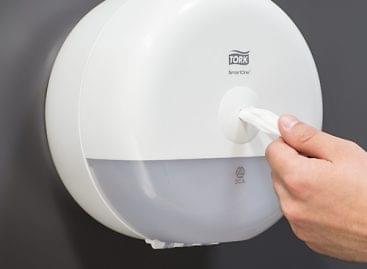Amazon AI initiative tackles defective products
Amazon is using artificial intelligence to scan items for defects before they are shipped.

An Amazon AI model named “Project P.I.” (the P.I. stands for “private investigator”) uses a combination of generative AI and computer vision technologies to help uncover defects like damaged products or issues like wrong color or size, before products reach customers.
In addition, Project P.I. is designed to help identify the root cause of issues, enabling preventative measures upstream to prevent them from happening again. At the sites where the system is available, Amazon says it has successfully sorted through millions of items that pass through its fulfillment centers each month and accurately identified product issues.
Before an item ships to a customer, it travels through an imaging tunnel, where Project P.I. uses computer vision to scan the product and evaluate the images to detect any defects, like a bent book cover. If a defect is found, Amazon isolates the product so it is not shipped to a customer, and investigates further to determine if there is a wider issue with similar items.
Human Amazon associates review the items Project P.I. flags to decide whether the item is eligible to be resold at a discounted price as part of Amazon’s Second Chance site, donate it, or find another use for it.
In addition to improving customer satisfaction, Amazon says Project PI also helps improve sustainability and reduce costs in the supply chain by eliminating unnecessary returns of defective products.
The technology is expected to expand to additional Amazon fulfillment sites throughout 2024.
Chain Store Age
Related news
Fashion, drones and sustainability – the new face of agriculture at the AgriTech InnoExpo event
🎧 Hallgasd a cikket: Lejátszás Szünet Folytatás Leállítás Nyelv: Auto…
Read more >Tork at SIRHA Budapest: hygiene, efficiency and sustainability for the HoReCa sector
🎧 Hallgasd a cikket: Lejátszás Szünet Folytatás Leállítás Nyelv: Auto…
Read more >Related news
Innovations, success stories and awards on the same stage
🎧 Hallgasd a cikket: Lejátszás Szünet Folytatás Leállítás Nyelv: Auto…
Read more >Farewell day at the 60th anniversary EuroShop trade fair
🎧 Hallgasd a cikket: Lejátszás Szünet Folytatás Leállítás Nyelv: Auto…
Read more >








